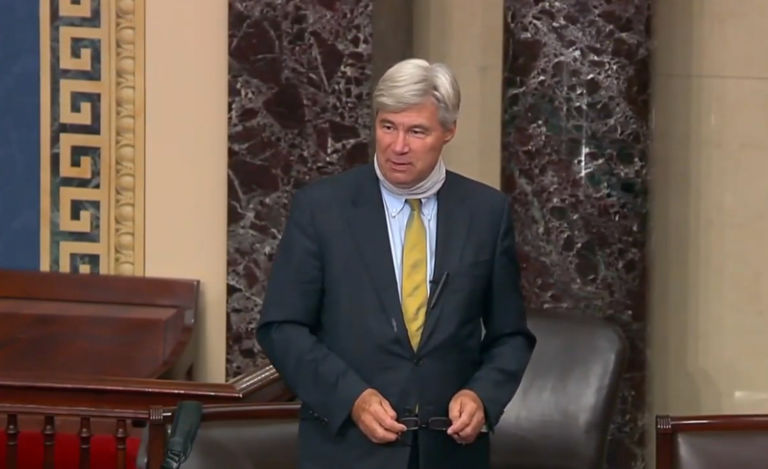Weekly John Locke Foundation research division newsletter focusing on environmental issues.
The newsletter highlights relevant analysis done by the JLF and other think tanks as well as items in the news.
Bill to dramatically curtail NC’s renewable portfolio standard introduced in House
A change in policy that the John Locke Foundation has been advocating for the last 5 years may be coming to fruition. HB 298, introduced by Rep. Mike Hager, would repeal North Carolina’s mandate on the state’s utility companies, and by implication all consumers of electricity, to purchase high cost renewable energy generated from sources such as industrial wind turbines and solar panels. Under current law, passed in 2007, 12.5 percent of electricity provided to customers in North Carolina must come from these and other renewable sources, not including hydroelectric (water) or nuclear. If need be, 5 percent of this can come from so-called energy efficiency, which in reality simply means getting people to use less electricity even if it means being colder in the winter or warmer in the summer. As described by the Raleigh News and Observer,
The bill, which had been anticipated for weeks, would end the state’s requirement that power companies use renewable energy and promote energy conservation programs. The legislation would stymie future development of renewables by not allowing power companies to charge customers for any extra cost associated with these resources.
The N&O also points out that when the bill was passed in 2007 North Carolina became the first state in the southeast to invoke such mandates. What they did not point out is that no other southeastern state has followed North Carolina’s lead. We remain the only state south of West Virginia, including Virginia) and east of the Mississippi River that forces its citizens to purchase the most expensive electricity available.
What is particularly interesting is that supporters of the existing law, led by the lobbying trade association for subsidized renewables called the North Carolina Sustainable Energy Association, seems to have abandoned the environmental arguments that were originally put forward favoring the legislation. They are now arguing that ultimately the 2007 legislation is the equivalent of an economic stimulus package for the state and has created tens of thousands of jobs since 2007. The problem is that the study they paid for is based on the same flawed methodology that was used to generate Obama’s rosy predictions when he passed his stimulus package back in 2009. It is ignores some of the most basic principles of economics – principles that are foundational to the discipline and would result in a grade of F for a college student in economics 101 who failed to recognize them. My assessment of the NCSEA study can be found here.
Click here for the Environmental Update archive.


